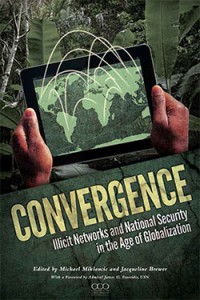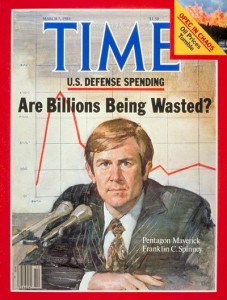Special Comment: Feedback from brilliant Readers conveys concern that Israel is presented as justified in its retaliation and not as the instigator of the latest round of attack exchanges.
In the NightWatch experience, causality takes about 20 years to determine with any confidence. Survival in the neighborhood requires that the intelligence and special operations forces of all parties constantly are at work all the time. Thus, escalation is always a political decision, often related to political maneuverings and calculations in Hamas, the Palestinian Authority, Iran or Israel that cannot be known from open source channels.
Both sides of this conflict are fighting as they must or can. Hamas, Palestinian Islamic Jihad and others Palestinian groups have no weapons to attack Israel except rockets. As for Israel, the day it fails to fight asymmetrically, that is the day it submits to national suicide. Asymmetrical tactics have nothing to do with justice.
Conflicts often bring clarity to political struggles. The US has unequivocally backed Israel's right of self-defense, which implies endorsement of the Israeli interpretation of events. However, a look into the exchanges of attacks in September and October and earlier clouds the determination of who shot first.
For NightWatch that question is less interesting than what comes next. This is the first major combat action between Arabs and Israelis since the Arab Spring uprisings changed governments in Tunisia, Egypt and, arguably, Libya. New Arab governments will be judged on their reaction to it.
It contains ominous portents because Hamas would have been reluctant, if not unable, to engage Israel in this fashion were Mubarak still in power in Egypt. It has rallied Muslims of all sects and ethnicities, and as far away as Malaysia and Indonesia to denounce Israel and state their support for the Palestinian Arabs in Gaza.
Thus one ripple effect of this fighting is that it shows that hostility to Israel can unite Muslims across national, ethnic and sectarian divides. The emergence of pro-Islamist governments in previously secular states always has contained the potential for the emergence of a greater threat to Israel than has been the case in many decades.
Another ripple effect is that the US outreach to Muslim countries has been undermined by the decision to take sides, supporting Israel as acting in self-defense. Arabs do not agree with that view of events and will distrust US diplomats in the future. Some Arab commentators have criticized the US for not restraining Israel.
A third ripple effect is that the Israel-Gaza crisis has displaced the Syria crisis as the headline news item around the world. International attention on Syria has been refocused on Gaza. The fight in Syria is less consequential than the fighting in Gaza because the Gaza fight risks regional conflict in ways Syria does not.
This does not appear to be accidental and appears to benefit Iran. At this point, however, Iranian instrumentality in provoking a proxy fight between Hamas and Israel remains only a working hypothesis.
Continue reading “NIGHTWATCH: Israel & It's US Enabler Uniting Muslims”






